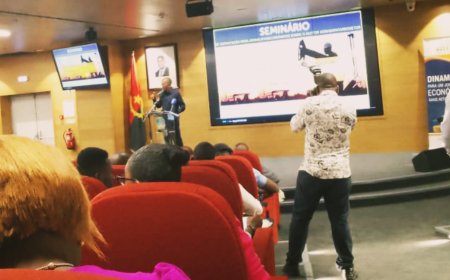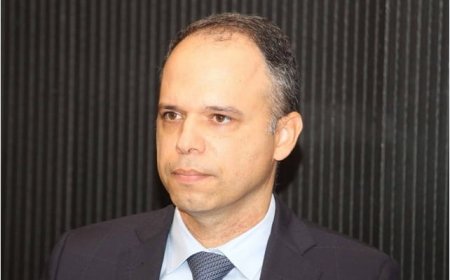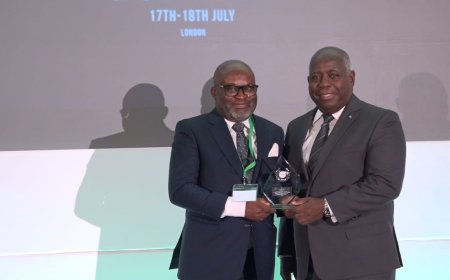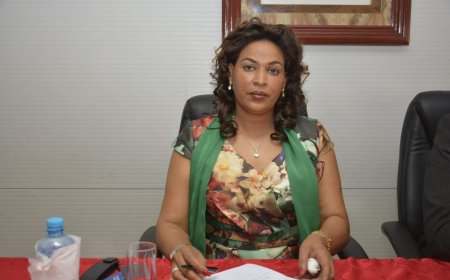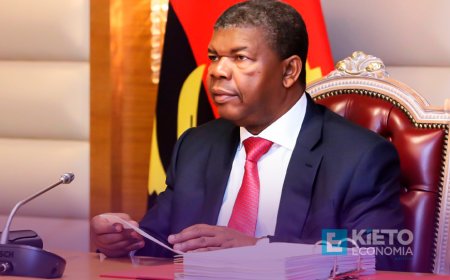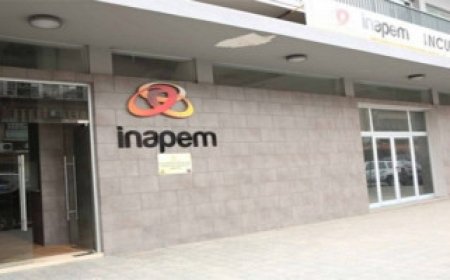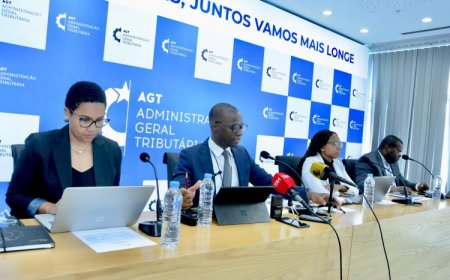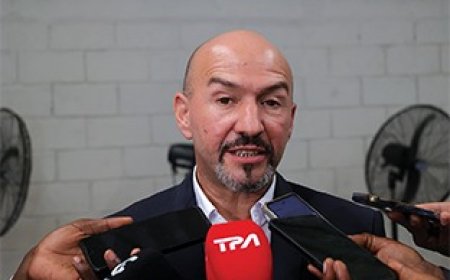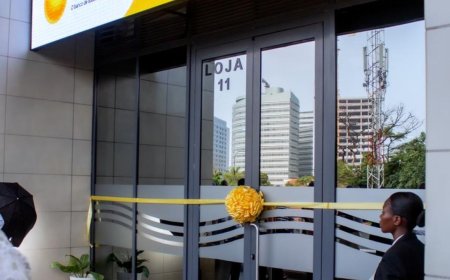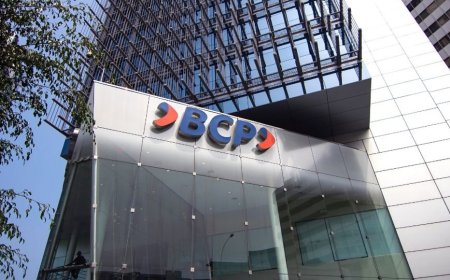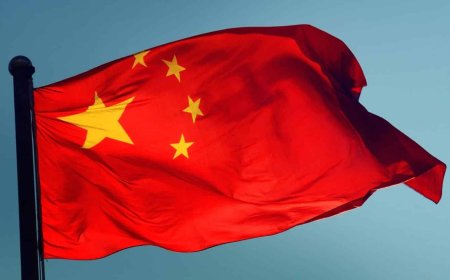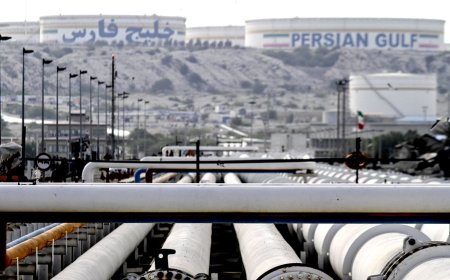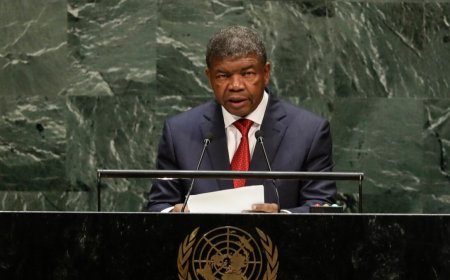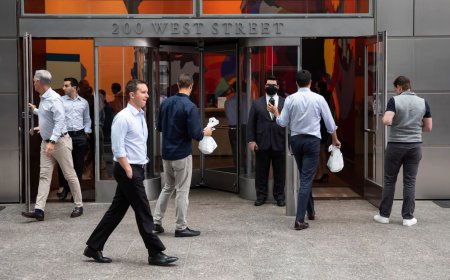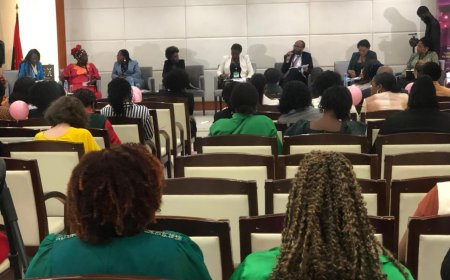Massano closes 100 days at the head of the Government's Economic Team with the introduction of the new National Development Plan 2023-2027.
It has long been hoped for a profound reform in the national economic plan with the arrival of José Massano to the Government. In the week that he himself completes 100 days, the head of the economic team of the Lourenço administration did not save for later and suggested to the Head of State the entry into action of this new strategy that 'drops' the previous one, signed and stamped by his predecessor, Professor Manuel Nunes Júnior.
Dário do Leste
The Council of Ministers approved this Thursday, 28, a new National Development Plan. This time, the document that should guide all economic and social policy of the João Lourenço Government has its starting point in 2023 and runs until 2027, an instrument approved in the week in which José Massano, the Minister of State for Economic Coordination, completes his 100 days in office.
Little or nothing is yet known about the main lines of this new 'letter', but analysts and economists close to the Executive argue that the plan should focus on promoting national production and various financial instruments, such as credit lines, to promote agro-industrial activity.
Since coming to the Government, José Massano has sought to carry out the commitment he made publicly. The economic man of the Lourenço Government called his strategy "Measures to Stimulate the Economy and Boost its Potential".
As he made clear at the time of taking office, Masaano's measures are aimed at increasing national production, tax relief and simplification, and improving the business environment. The package of measures also ensures a Treasury Single Account (CUT) capable of making the normal payment of salaries; debt service and expenditure related to health, education and remuneration allowances.
The measures advocated by José Massano state that, as of January 2024, the use of materials of national production will be mandatory in all works of public initiative.
Public institutions are also obliged to buy goods and services "Made in Angola". The external acquisition of essential goods of wide consumption will be made by national operators in addition to the national production proven unavailable. The announcement of quantities to be imported annually will be made jointly by the Ministry of Agriculture and Forestry and the Ministry of Industry and Trade, this in January 2024 (as the first announcement).
VAT on all foodstuffs is proposed to be halved (from 14 to 7).
Massano closes 100 days at the head of the Government's Economic Team with the introduction of the new National Development Plan 2023-2027
It has long been hoped for a profound reform in the national economic plan with the arrival of José Massano to the Government. In the week that he himself completes 100 days, the head of the economic team of the Lourenço administration did not save for later and suggested to the Head of State the entry into action of this new strategy that 'drops' the previous one, signed and stamped by his predecessor, Professor Manuel Nunes Júnior.

Dário do Leste
The Council of Ministers approved this Thursday, 28, a new National Development Plan. This time, the document that should guide all economic and social policy of the João Lourenço Government has its starting point in 2023 and runs until 2027, an instrument approved in the week in which José Massano, the Minister of State for Economic Coordination, completes his 100 days in office.
Little or nothing is yet known about the main lines of this new 'letter', but analysts and economists close to the Executive argue that the plan should focus on promoting national production and various financial instruments, such as credit lines, to promote agro-industrial activity.
Since coming to the Government, José Massano has sought to carry out the commitment he made publicly. The economic man of the Lourenço Government called his strategy "Measures to Stimulate the Economy and Boost its Potential".
As he made clear at the time of taking office, Masaano's measures are aimed at increasing national production, tax relief and simplification, and improving the business environment. The package of measures also ensures a Treasury Single Account (CUT) capable of making the normal payment of salaries; debt service and expenditure related to health, education and remuneration allowances.
The measures advocated by José Massano state that, as of January 2024, the use of materials of national production will be mandatory in all works of public initiative.
Public institutions are also obliged to buy goods and services "Made in Angola". The external acquisition of essential goods of wide consumption will be made by national operators in addition to the national production proven unavailable. The announcement of quantities to be imported annually will be made jointly by the Ministry of Agriculture and Forestry and the Ministry of Industry and Trade, this in January 2024 (as the first announcement).
VAT on all foodstuffs is proposed to be halved (from 14 to 7).
What's Your Reaction?







